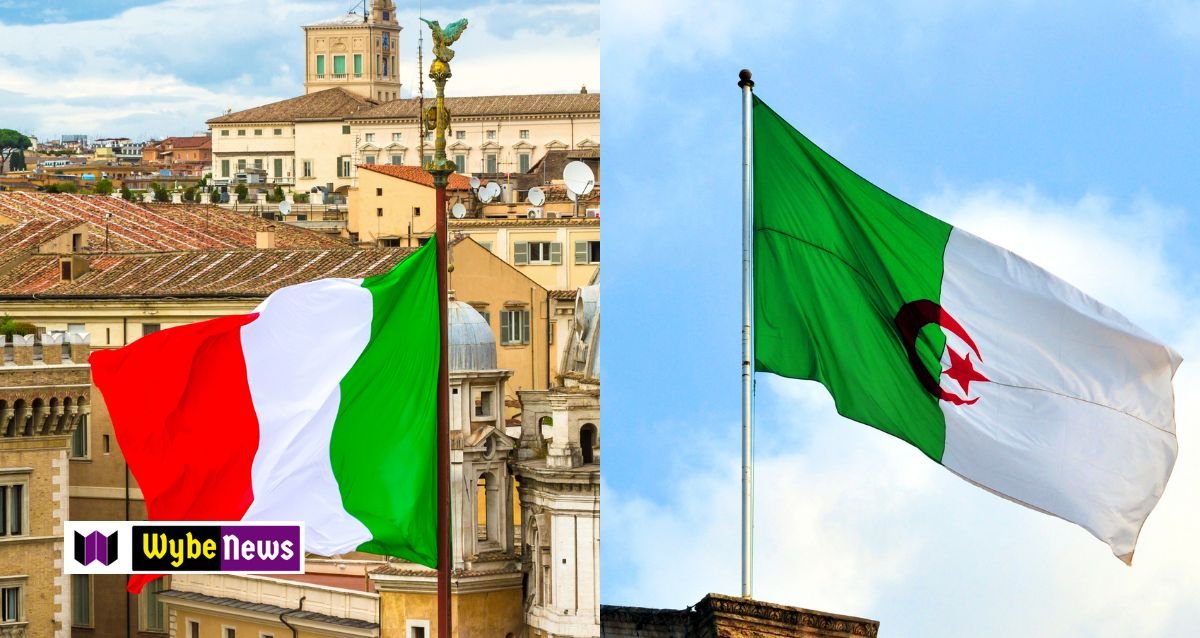“Blood Timber” Fuels Insurgency in Mozambique: A Deep Dive into Illegal Logging and Conflict Financing

The Emergence of ‘Blood Timber’ and its Role in Cabo Delgado’s Conflict
The rise of ‘blood timber’ in Mozambique, particularly within the Cabo Delgado province, is a complex phenomenon rooted in high global demand and regional instability. The term ‘blood timber’ has emerged to describe the lucrative and illegal logging activities that have become intertwined with conflict financing, drawing a stark parallel to the infamous ‘blood diamonds’ of war-torn African nations. This comparison, made by the Environmental Investigation Agency (EIA), underscores the severity and the socio-economic implications of this illicit trade.
Central to the surge in illegal logging is the skyrocketing demand for luxury hardwoods, especially from China. Rosewood, also known as ‘hongmu,’ is highly coveted for its use in traditional Chinese furniture and decorative items. This demand has fueled a rampant illegal logging industry in Mozambique, where approximately 30% of timber harvested from Cabo Delgado is sourced from areas under militant control. The insurgency in Cabo Delgado, driven by a group known as Ahlu-Sunna Wa-Jama, has strategically capitalized on these natural resources, making the illegal timber trade a significant revenue stream.
The insurgents have established a sophisticated network to exploit the region’s rich forestry resources. They impose taxes on local loggers and traders, control transportation routes, and even engage directly in logging activities. This control over the timber trade not only finances their operations but also strengthens their grip on the region by fostering local dependency on their economic activities. Such dynamics have turned the illegal timber trade into a critical component of the conflict, perpetuating violence and instability.
Furthermore, the environmental impact of illegal logging is profound. The unsustainable extraction of rosewood and other hardwoods threatens biodiversity and disrupts local ecosystems. This environmental degradation exacerbates the plight of local communities, who are already suffering from the socio-economic fallout of the ongoing conflict. As such, addressing the issue of ‘blood timber’ in Mozambique requires a multifaceted approach that tackles both the environmental and socio-political dimensions of the problem.
Systemic Corruption and International Implications
The illegal timber trade in Mozambique is deeply embedded in systemic corruption, profoundly affecting both local governance and international conservation efforts. Since the national log export ban implemented in 2017, there have been continuous reports of Chinese businesses allegedly bribing Mozambican officials to facilitate the illicit transport of logs to ports. This corrupt practice undermines the ban and perpetuates the illegal logging industry.
The Environmental Investigation Agency (EIA) has described a ‘symbiotic relationship’ between Mozambican officials and Chinese business interests. This relationship is characterized by a mutual benefit system where Chinese businesses provide financial incentives to local officials in exchange for turning a blind eye to illegal logging activities. This arrangement not only perpetuates corruption within Mozambique but also extends into the broader geopolitical context through Mozambique’s involvement in China’s Belt and Road Initiative (BRI). As part of the BRI, infrastructure projects often necessitate large quantities of timber, thereby creating a continuous demand that fuels illegal logging.
The implications of this corruption are far-reaching. International conservation efforts, particularly under the Convention on International Trade in Endangered Species of Wild Fauna and Flora (CITES), are significantly undermined. Illegal logging contributes to the depletion of endangered species such as rosewood, which is highly sought after for its quality and rarity. This not only threatens biodiversity but also degrades critical ecosystems, disrupting the environmental balance.
Addressing the issue of illegal logging and the associated corruption requires concerted efforts from both the Mozambican government and the international community. Strengthening regulatory frameworks, enhancing transparency, and enforcing stringent anti-corruption measures are pivotal steps. Additionally, international cooperation is crucial to ensure compliance with conservation treaties and to cut off the financial lifeline that illegal logging provides to insurgent groups. By tackling these issues head-on, it is possible to stabilize the region, protect endangered species, and uphold international conservation commitments.






